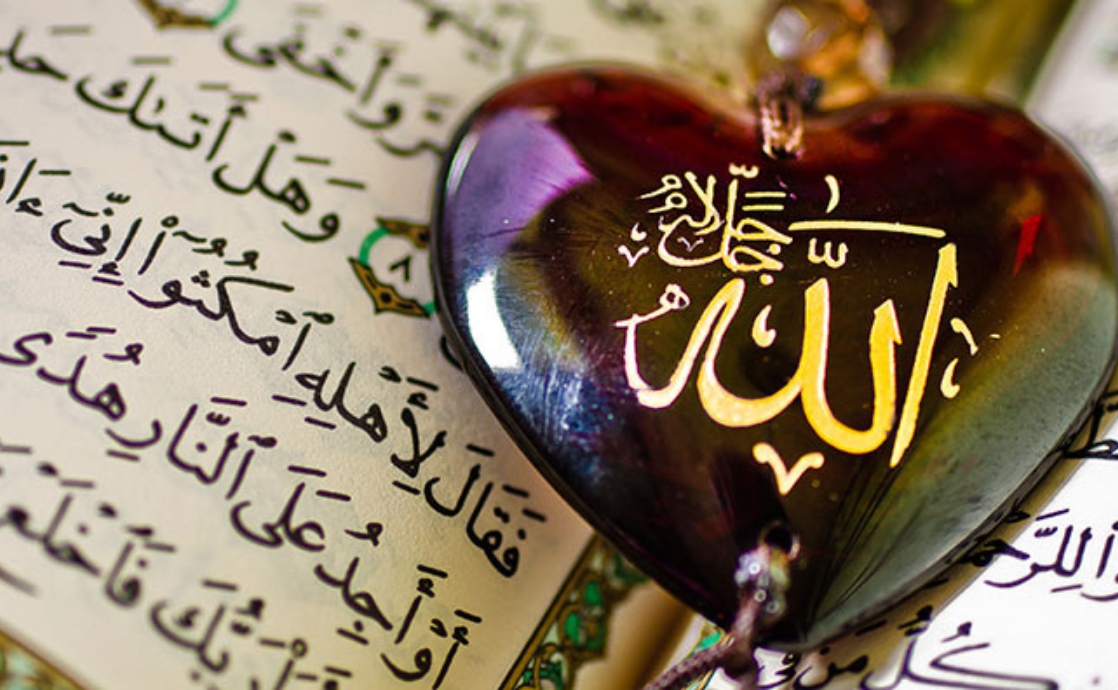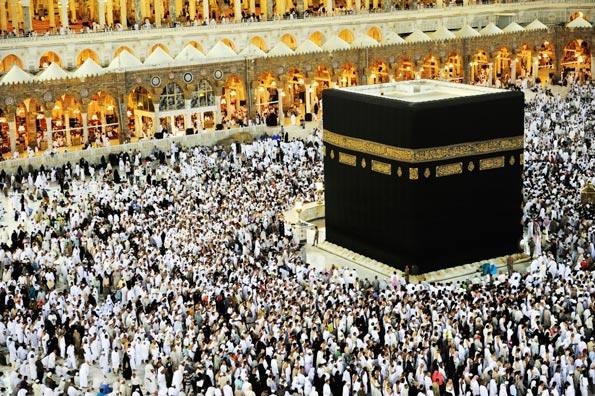The views expressed in our content reflect individual perspectives and do not represent the authoritative views of the Baha'i Faith.
All sects of Islam maintain that the Prophet Muhammad is the final prophet, the last divine messenger for all time.
That means most Muslims acknowledge the founders of several previous religions, such as Moses, Jesus and even Zoroaster as inspired, but deny there will ever be any new messenger or new, divinely-revealed religion after Muhammad. Since the Baha’i Faith claims to be the next major Faith after Islam, this single point often prompts some Muslims to regard the Baha’i Faith as illegitimate. It has even caused deadly persecution of the Baha’is in predominately Islamic countries like Iran and Egypt.
RELATED: One Foundation for All Religions
So let’s start at the beginning–the Baha’i Faith emerged from the background of Islam, much as Christianity emerged from Judaism. Baha’is, along with Muslims, revere the Qur’an as the Word of God. This includes Qur’an 33:40, the verse on which the doctrine of Muhammad’s finality is based:
Muhammad is not the father of any one of your men, but the Messenger of God, and the Seal of the Prophets; God has knowledge of everything. (Arberry).
Clearly, Baha’is actually do accept Muhammad as the Seal of the Prophets—but reject the interpretation that Islamic orthodoxy reads into this verse. One reason: the Qur’an itself raises the possibility of future divine messengers after Muhammad.
RELATED: What’s the Relationship Between Islam and the Baha’i Faith?
Qur’an 7:35 (Surat al-A‘raf) contains this solemn warning addressed to all humanity:
Children of Adam! If there should come to you Messengers from among you, relating to you My signs, then whosoever is godfearing and makes amends—no fear shall be on them, neither shall they sorrow. And those that cry lies to Our signs, and wax proud against them—those shall be the inhabitants of the Fire, therein dwelling forever. – Verses 35-36.
This verse first opened my heart, as a convert to Islam earlier in my life, to the possibility of new revelations from God. It calls to mind another verse from the Qur’an, which tells how on Judgment Day, God will say to the world:
Company of jinn and mankind, did not Messengers come to you from among you, relating to you My signs and warning you of the encounter of this your day?’ They shall say, ‘We bear witness against ourselves.’ – Qur’an 6:130ff.
I did not want to be in that group—bearing witness that I had turned away from God’s verses. So as a Muslim I resolved to investigate the Baha’i claims on their own merits, and not simply dismiss them.
Some people object that Qur’an 7:35 is a conditional statement, and thus does not categorically state that new Messengers will come—only that if they do, we must heed them. But this objection misses the mark, since, if the mainstream Islamic understanding of ‘the Seal of the Prophets’ is correct, a new Messenger after Muhammad is flatly impossible. Why would God warn us that something is possible in one verse, and then say it is impossible in another? For new divine Messengers to even be possible, Muhammad’s title of ‘the Seal of the Prophets’ must mean something other than ‘last divine Messenger, period.’
Others argue that this verse does not address all humanity, but just Adam’s immediate offspring, referring only to the Messengers from Noah to Muhammad. While the beginning of Qur’an chapter seven does tell the story of Adam, it is separated from this verse by a number of others, some of which are clearly addressed to Muhammad’s own audience in 7th century Arabia (for example, 7:27-28). There is no basis to conclude that verse 35, warning of Messengers to come, belongs to the story of Adam and not to the series of exhortations that intervene.
The exclamation “O children of Adam,” like the Qur’an’s oft-recurring “O children of Israel,” covers the entire people descended from the ancestral figure, not just their immediate offspring. We can see this clearly in Qur’an 36:60 or 17:70:
We have honoured the Children of Adam and carried them on land and sea, and provided them with good things, and preferred them greatly over many of those We created.
If we take it at face value, Qur’an 7:35 warns humanity during Muhammad’s time, and us today, to be on the watch for God’s messengers from among us, and to obey them when they appear. The Baha’i writings have a similar warning, specifically about the term “Seal of the Prophets:”
…thou dost witness how the people of the Qur’án, like unto the people of old, have allowed the words “Seal of the Prophets” to veil their eyes. – Baha’u’llah, The Book of Certitude, p. 213.
So if new messengers are possible according to the Qur’an, how do we understand Muhammad as ‘the Seal of the Prophets’? Please follow along as we turn to this subject in the next article in this series.
You May Also Like
Comments


















to trick many who love GOD to do the devil's bidding!
whereas if one becomes devout, he becomes a monster (merciless to the infidel!)
Guru Nanak (sikhs) & Bahalllah (Bahai) are prophets post mohammed!
islam happens to be the devils's stealth religion!